From Skincare to Water Systems: Yetty’s Data Science Journey
One of my favourite things about data science is how quietly it shapes what we see and experience every day. Take Netflix, for example. If you’re someone who rarely watches horror films but can’t resist a good romance, Netflix won’t just throw a scary trailer your way. Instead, it will highlight the tender love story at the centre of the horror plot, reframing the same movie through a lens that resonates with you.
That fascinates me because it’s not just marketing; it’s math with empathy. It’s data science bending towards human nuance. And it’s exactly the kind of thinking that runs through Yetty’s work, whether in beauty tech or water supply.
I’ve been friends with Yetty since I first came across her work through her reputation in data science communities in 2016/2017. She had spent years in software engineering before pivoting into a field that allowed her to explore new terrains of research and application. By the time we had this particular conversation, she had already led projects in natural language processing, computer vision, and applied machine learning, applying these skills to domains as diverse as beauty and water utilities.
One of the reasons I enjoy talking to Yetty, when we get to talk, is how simply she talks through things, and the other is how much of her laughter reverberates through her conversation. For this one, we talked about her previous role and her current role:
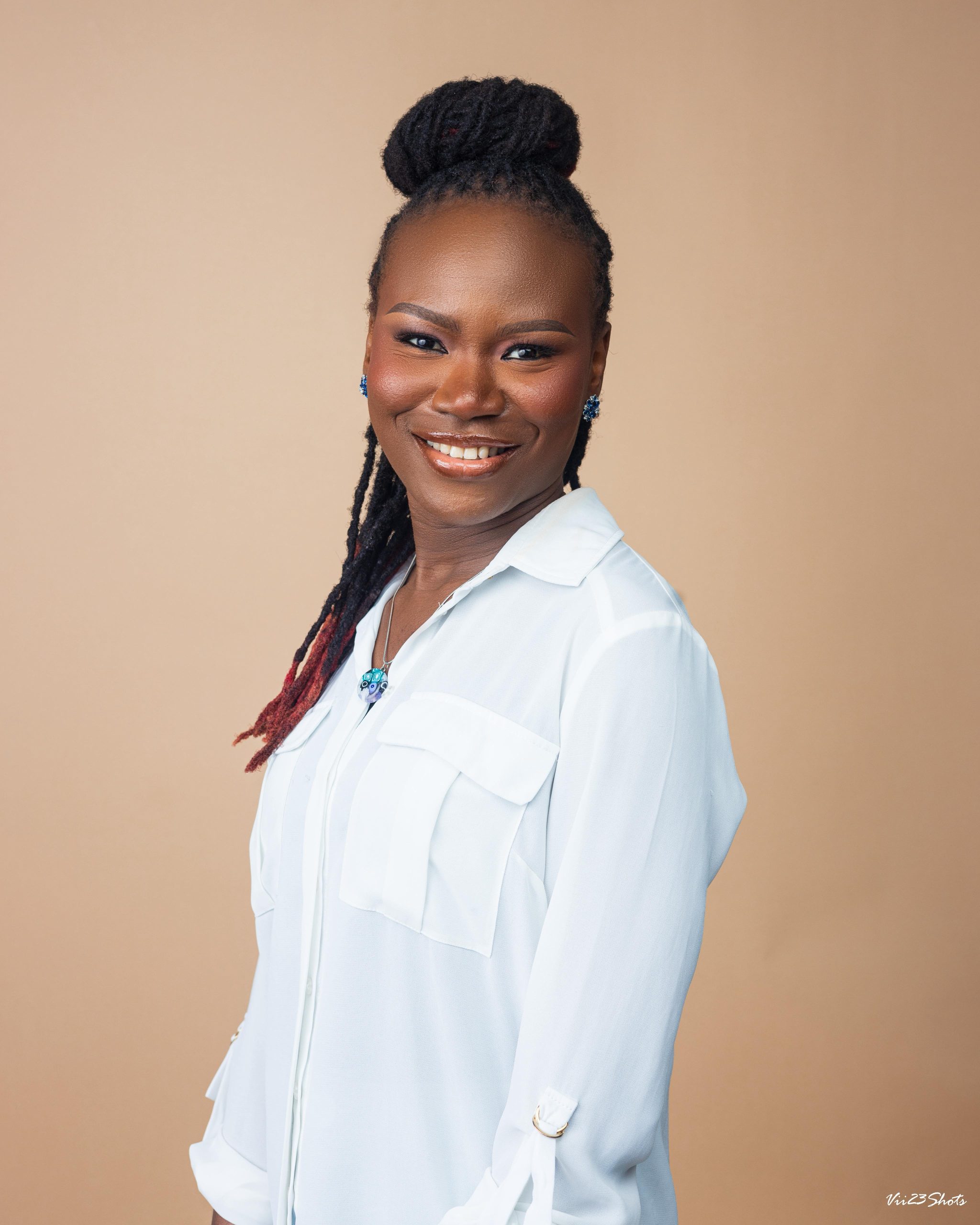
Skincare, Sensitivity, and the Science of Recommendations
Yetty’s role as a senior data scientist at Yuty, a start-up in the beauty and skincare space, felt like the perfect intersection of technology and lived experience. Beauty is personal, fragile even. What soothes one person’s skin can inflame another’s.
She knows this intimately. Her own skin is so sensitive that she has had to abandon well-intentioned recommendations. This gave her an empathy that shaped the way she approached building skincare recommendation systems.
“When I worked at Yuty, my role as a data scientist was to bring clarity to something as personal and complex as skincare. We built models that went beyond surface-level categories like oily or dry skin. Instead, we analysed sensitivities, allergies, and even lifestyle data, so that every recommendation felt personal and precise. To customers, it looked like intuition. To me, it was the careful orchestration of machine learning, data cleaning, and feature engineering working in harmony.”
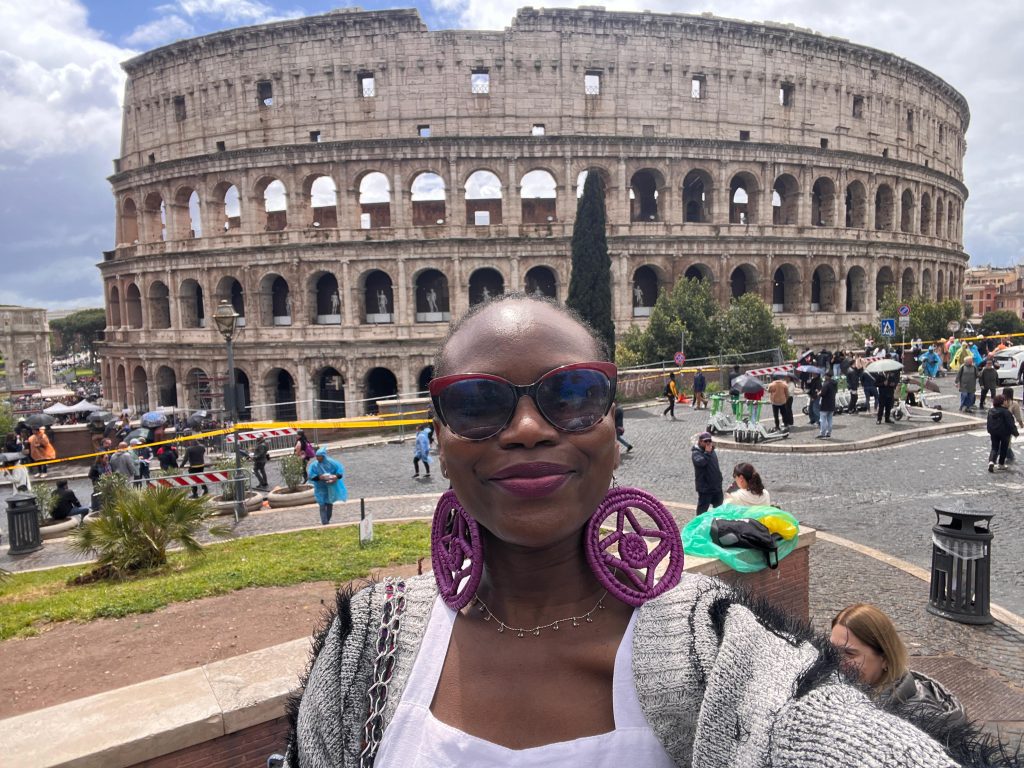
Yuty’s mission was to move beyond one-size-fits-all product pushes by building a recommendation engine that is sensitive to individuality, including skin types, allergies, sensitivities, and preferences.
For Yetty, this was an opportunity to apply her data science toolkit to something intimate: creating algorithms that respected the uniqueness of every face and body.
“I came to understand how dangerous gaps in data could be in the beauty industry. Many skin tones and concerns were historically underrepresented in mainstream datasets. My team and I worked on generating and augmenting data that was more inclusive, so our models didn’t default to narrow definitions of beauty. That meant a customer with darker skin or highly sensitive skin could see themselves represented in the system, and receive recommendations that genuinely reflected their reality.”
When she explained it, the parallel with Netflix came up again. “It’s not just about recommending what’s popular,” she told me. “One of the things I valued most from the experience was seeing how data science could drive both customer satisfaction and business sustainability. Every accurate recommendation reduced the likelihood of returns, cut down on wasted products, and improved trust in the platform. Our algorithms weren’t just increasing conversion rates; they were also building long-term relationships between people and products. For me, the real success was knowing that the data pipelines we built were directly supporting both the company’s growth and its customers’ wellbeing.”
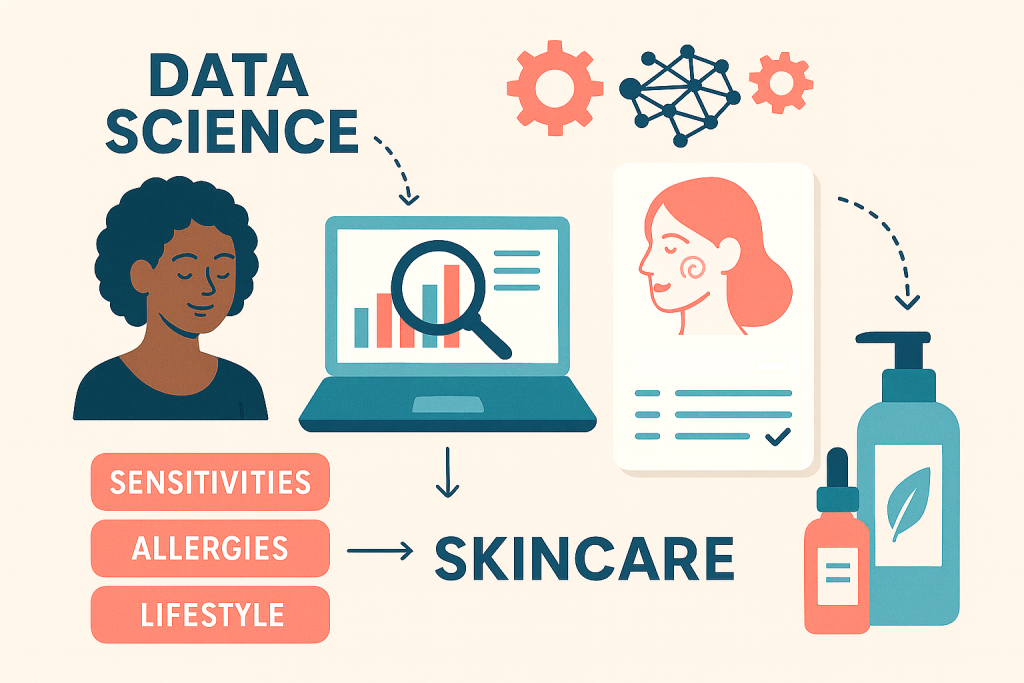
From Beauty to Utilities: Data for the Public Good
Today, Yetty’s landscape looks very different. As a data scientist at Yorkshire Water, she is part of a team responsible for safeguarding one of society’s most essential resources. If the beauty industry is about confidence and self-expression, water is about survival, health, and climate resilience.
The tools remain familiar: machine learning, computer vision, predictive modelling, but the canvas is larger. Data streams come from sensors across a sprawling network of infrastructure. The stakes are measured in service reliability, leak prevention, and climate impact. Where once she was personalising a skincare routine, she now works on predicting and preventing failures in water systems that affect thousands of households.
“Working with water systems has shown me that inclusivity doesn’t just apply to people, it applies to data sources too. A single dataset could never tell the whole story. We have to integrate readings from sensors, maintenance logs, weather data, and even customer service reports to build models robust enough to handle the complexity of the network. Every perspective matters because water touches everything: households, businesses, and the environment. I make sure no data source is left unheard.”
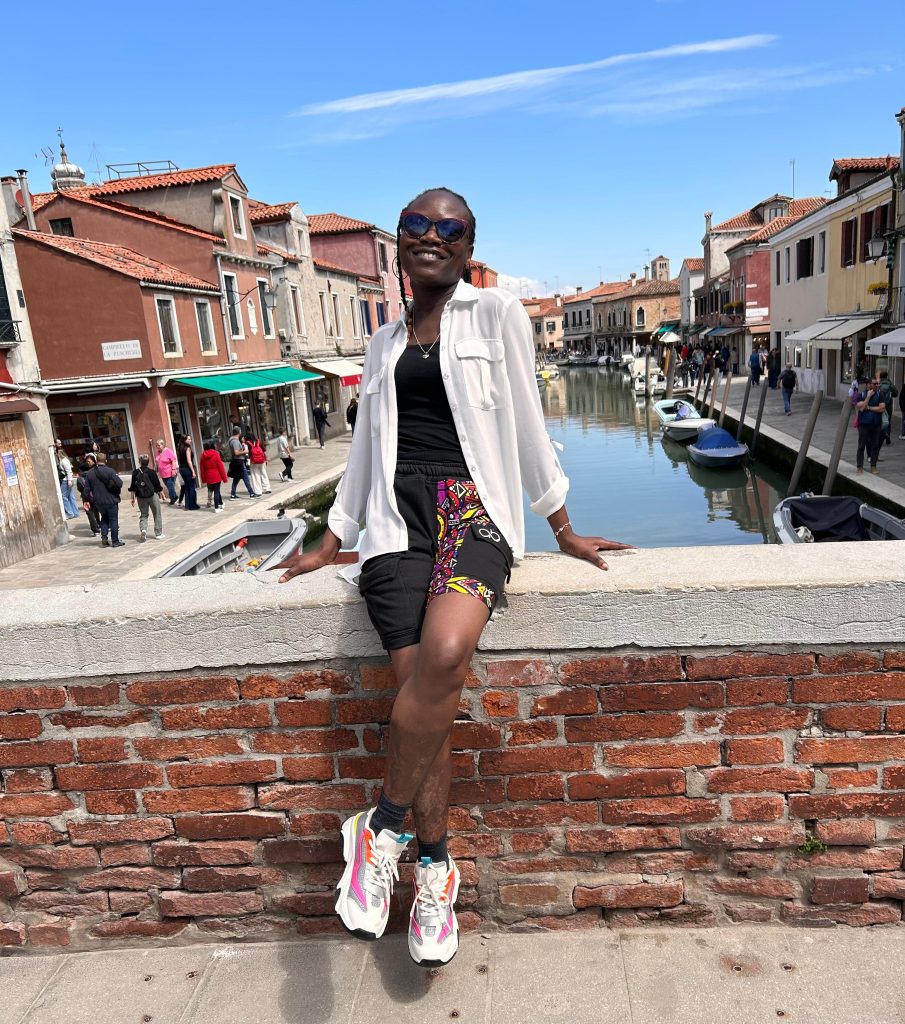
The shift also brought a heightened awareness of climate change. “I can see why people here [in the UK] are so concerned about climate,” I reflected. “It’s crazy how much of what we take for granted depends on these fragile systems.”
“At Yorkshire Water, the impact of data science became even more tangible. Every model that helps us prevent a leak means less water wasted, less disruption to families, and less strain on already fragile resources. It was data science not just for efficiency, but for climate resilience. Coming from beauty, where I focused on personal wellbeing, it was eye-opening to see how the same tools could be repurposed to safeguard an essential service, and by extension, the health of entire communities.”
Her work now sits at the intersection of technology and sustainability, helping a utility company become smarter, more resilient, and more responsive to the pressures of a warming planet.
Shared Threads
At first glance, beauty and water couldn’t be more different. But Yetty’s career reveals the invisible threads between them. Both are industries built on trust and care. Both require navigating messy, highly personal data – whether that’s a patch of sensitive skin or a customer’s daily water usage. And in both, the role of data science is to translate raw information into decisions that matter for people’s lives.
And in the background of it all is Yetty’s love of teaching and sharing knowledge. Whether mentoring, experimenting with new projects, or considering future moves into academia or business leadership, she remains committed to the idea that data is more than numbers; it’s a way to make better choices for people.
In Conclusion
What struck me most about our conversation wasn’t just the technical ingenuity, though that was there in abundance, but the way Yetty framed her journey as a human story. Sensitive skin leading to empathy for product design. Climate awareness is reshaping how she views her work. Self-care is taking on new importance as life evolves.
Her story is a reminder that data science isn’t confined to a single industry. It is, at its best, a discipline for solving human problems, whether those are found in our mirrors, in our homes, or in the water systems that sustain us.
And for Yetty, each dataset is an invitation to listen, to learn, and to build something that makes the world just a little more livable.
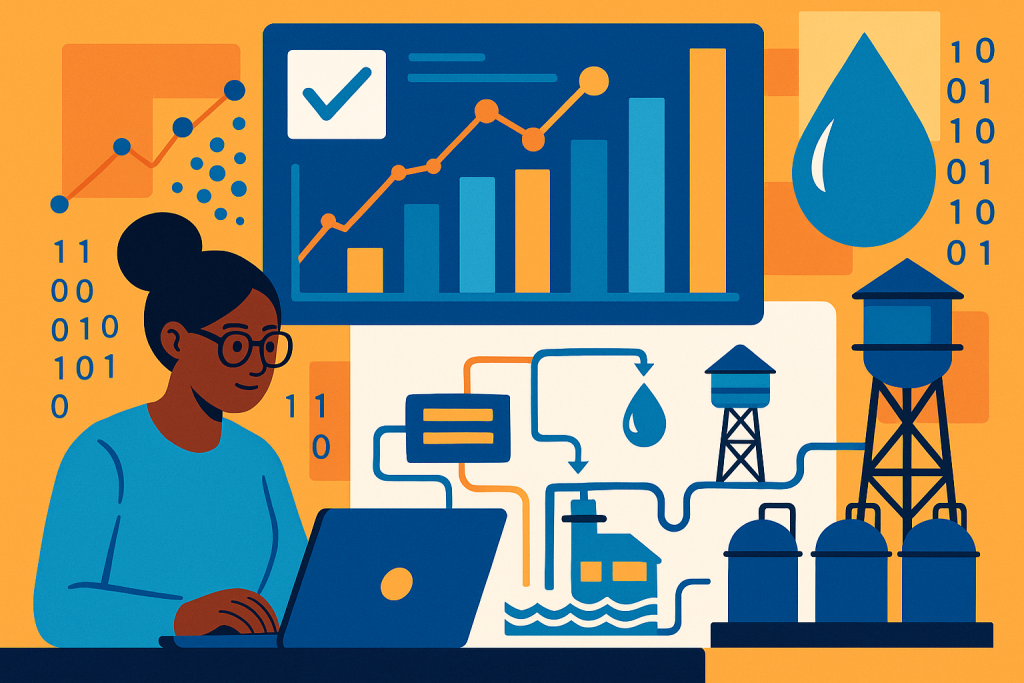



No Comments